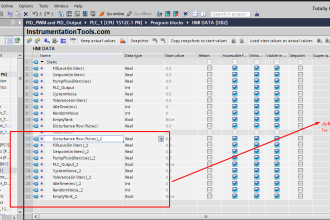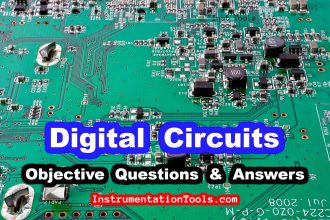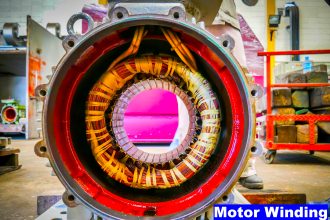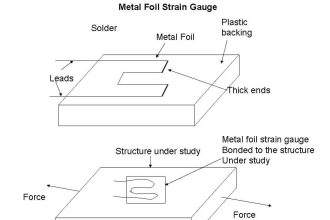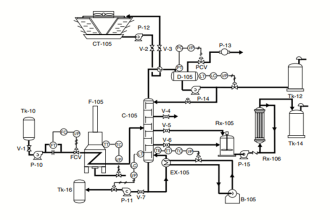With increase in the operating voltage the insulation requirement will also increases. Transmission system will have transmission voltages as high as 400kV and above voltage levels. At these voltages the pin insulators become bulky, cumbersome and costly. Some of the advantages of suspension insulators over pin type insulators are explained below:
Advantages of suspension insulators:
- Suspension insulators are cheaper in cost compared to pin type insulators for operating voltage above 50kV
- Each unit of suspension insulators (insulator disc) is designed for comparatively low voltage (11kV) and can be increase the insulation strength by connecting these insulator disc modules in series. The number of insulator discs require depends on the operating voltage
- Suspension type insulators give more flexibility to the line and mechanical stresses due to wind and other factors are reduced in this suspension type insulator arrangement. The connection at the cross arm is such a way that the insulator string is free to swing in any direction and thus takes up a position where it experiences only a pure tensile stress
- The suspension type insulators when used in conjunction with steel supporting structure has the advantage of rendering the conductor less liable to the affected by cross-arm thus enabling the tower to function as lightning rod
- In case of rapid increase in the load on the transmission line the increase demand can be met by raising the line voltage than to provide another set of conductors. With suspension type insulators additional line insulation requirement can be obtained by simply adding one or more discs to the string
- In case of long spans (river or valley crossings) where heavy conductor load is to be sustained, two disc insulators can be yoked. Such an arrangement is not possible in pin type insulators
- The only disadvantage of suspension type insulators is that large spacing between the conductors are required than with the pin type insulators due to large amplitude of the swing of the conductors.

